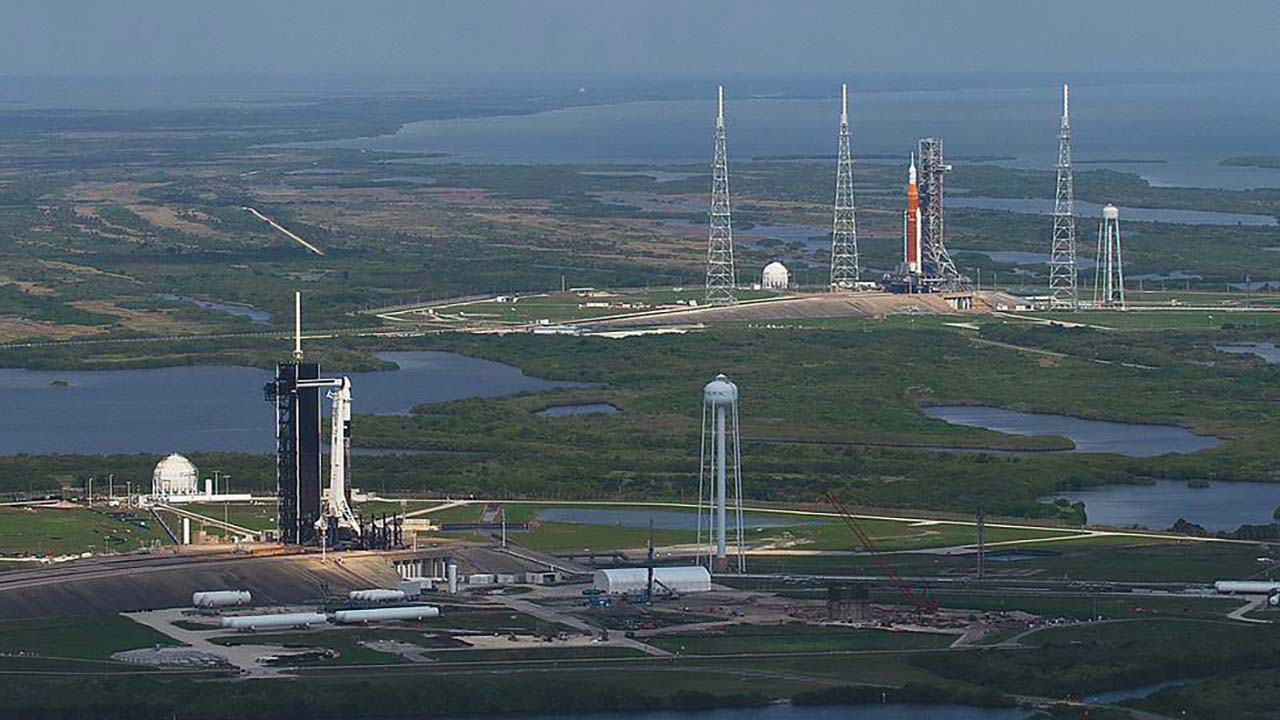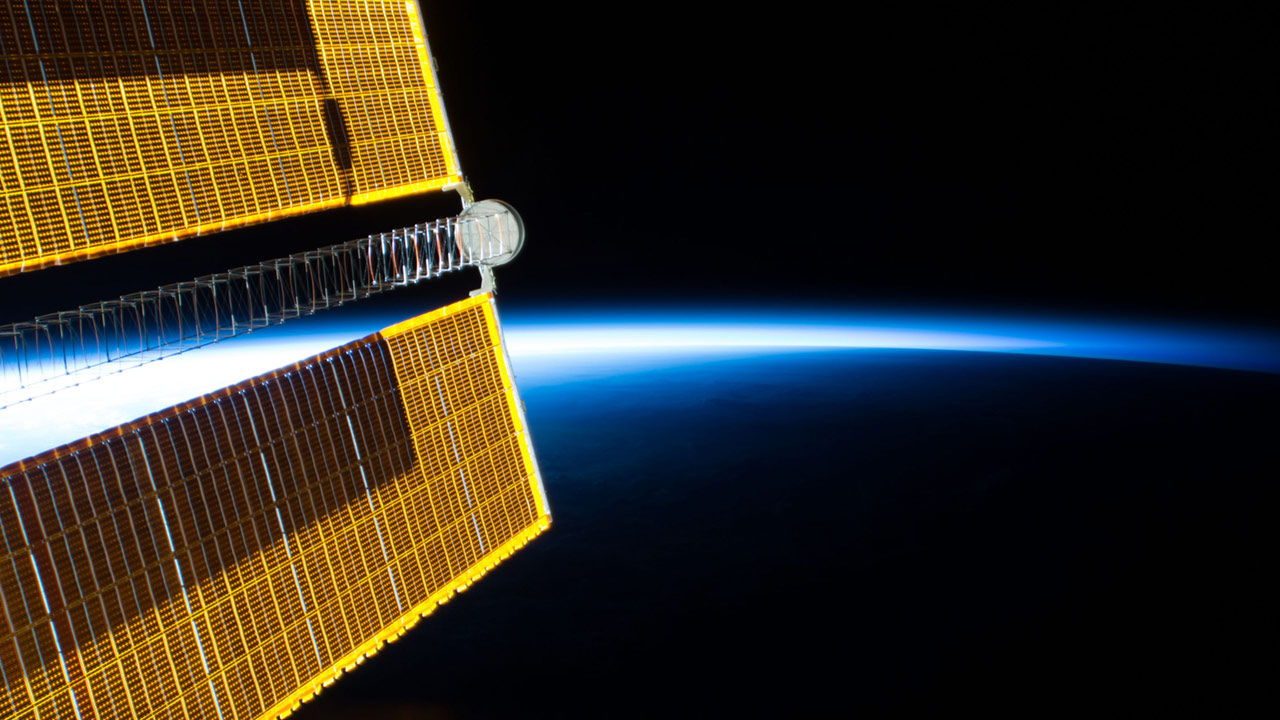Kennedy Space Center, FL. (November 17, 2017) – The Center for the Advancement of Science in Space (the ISS National Lab) and the National Science Foundation (NSF) today announced a joint solicitation wherein researchers will have the ability to leverage resources onboard the International Space Station (ISS) U.S. National Laboratory to support enhancements in the fields of transformative tissue engineering. Up to $1.8 million will be awarded for multiple research investigations to support flight projects to the ISS National Lab.
Through this partnership, the ISS National Lab and NASA will facilitate hardware implementation and on-orbit access to the ISS National Lab. NSF will fund the selected projects to advance fundamental science and biomedical engineering knowledge. the ISS National Lab is the nonprofit organization responsible for managing and promoting research onboard the ISS National Lab. NSF supports transformative research to help drive the U.S. economy, enhance national security, and maintain America’s position as a global leader in innovation.
The primary program interest is in the area of tissue engineering. However, any research that fits within the scope of the NSF Engineering of Biomedical Systems Program and requires access to experimental facilities on the ISS may be considered. This includes cellular engineering, tissue engineering, and modeling of physiological or pathophysiological systems in topic areas that include, but are not limited to: scaffolds and matrices, cell-cell and cell-matrix interactions, stem cell engineering and reprogramming, cellular immunotherapies, cellular biomanufacturing, and system integration between biological components and electromechanical assemblies.
This marks the third in a series of collaborations between NSF and the ISS National Lab to explore research concepts on the ISS National Lab, with the first two focused on the physical sciences (fluid dynamics and thermal combustion).
The ISS National Lab has supported multiple research investigations within the fields of stem cells, regeneration, and tissue engineering. Soon, several experiments focused on tissue chips and similar biomedical engineering payloads will launch to the ISS National Lab to take advantage of the unique space environment. To learn about those experiments and more, please visit: www.spacestationresearch.com .
Prior to submitting a full proposal to NSF, all interested parties must submit a Preliminary Feasibility Review form to the ISS National Lab, which will determine the operational feasibility for flight of the proposed project. the ISS National Lab will notify the proposer of a passing or failing review score within 14 days of the Preliminary Feasibility Review form being submitted. Therefore, the ISS National Lab strongly encourages interested parties to submit the review form no later than January 5, 2018. Only projects that pass the the ISS National Lab Preliminary Feasibility Review will be invited to submit a full proposal to NSF. The notification of a passing score must be included in the full proposal submission. NSF will close this grant solicitation on February 12, 2018.
To learn more about this funding opportunity, view the full proposal solicitation via the NSF Chemical, Bioengineering, Environment and Transport Systems Division of the Engineering Directorate, https://www.nsf.gov/publications/pub_summ.jsp?WT.z_pims_id=505490&ods_key=nsf18514
# # #
About the ISS National Lab: The Center for Advancement of Science in Space (the ISS National Lab) is the non-profit organization selected to manage the ISS National Laboratory with a focus on enabling a new era of space research to improve life on Earth. In this innovative role, the ISS National Lab promotes and brokers a diverse range of research in life sciences, physical sciences, remote sensing, technology development, and education.
Since 2011, the ISS National Lab portfolio has included hundreds of novel research projects spanning multiple scientific disciplines, all with the intention of benefitting life on Earth. Working together with NASA, the ISS National Lab aims to advance the nation’s leadership in commercial space, pursue groundbreaking science not possible on Earth, and leverage the space station to inspire the next generation.
About the ISS National Laboratory: In 2005, Congress designated the U.S. portion of the International Space Station as the nation’s newest national laboratory to maximize its use for improving life on Earth, promoting collaboration among diverse users, and advancing STEM education. This unique laboratory environment is available for use by other U.S. government agencies and by academic and private institutions, providing access to the permanent microgravity setting, the vantage point in low Earth orbit, and varied environments of space.
About the National Science Foundation: The National Science Foundation (NSF) is an independent federal agency that supports fundamental research and education across all fields of science and engineering. In fiscal year 2016, its budget was $7.5 billion. NSF funds reach all 50 states through grants to nearly 2,000 colleges, universities, and other institutions. Each year, NSF receives more than 48,000 competitive proposals for funding and makes about 12,000 new funding awards. NSF also awards about $626 million in professional and service contracts yearly. To learn more about the areas of research NSF supports, visit NSF.gov.
# # #




